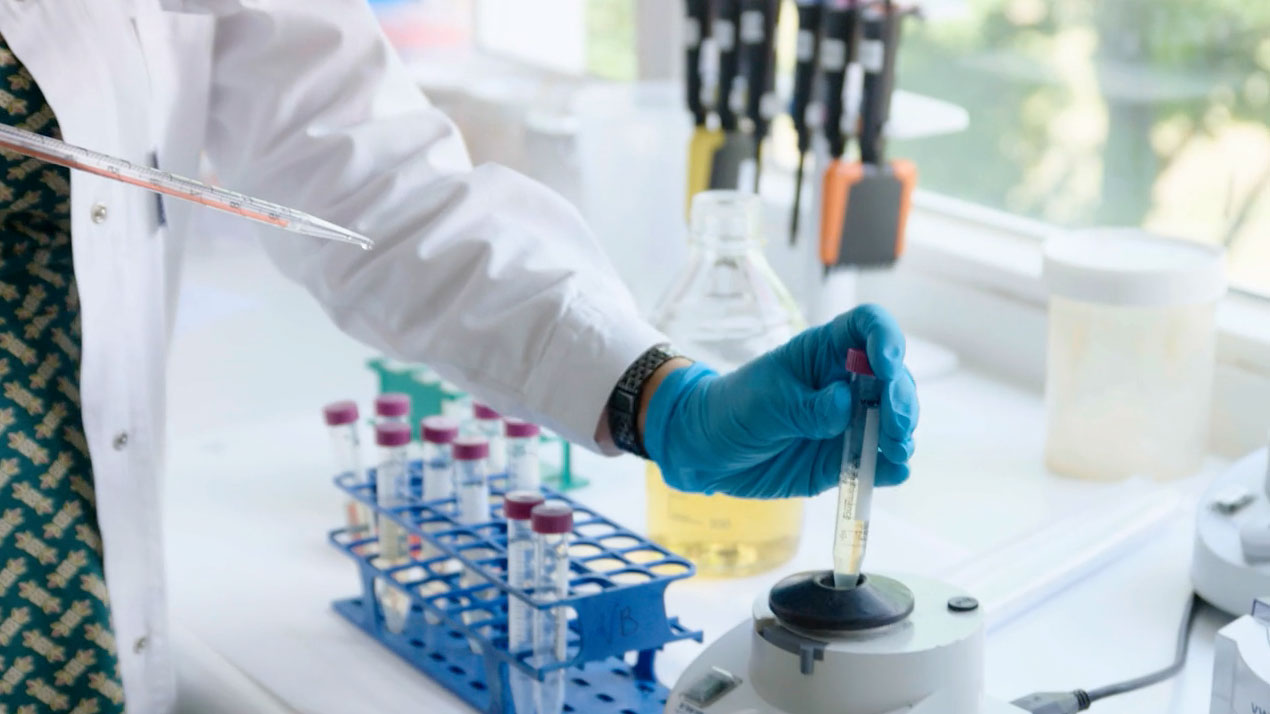


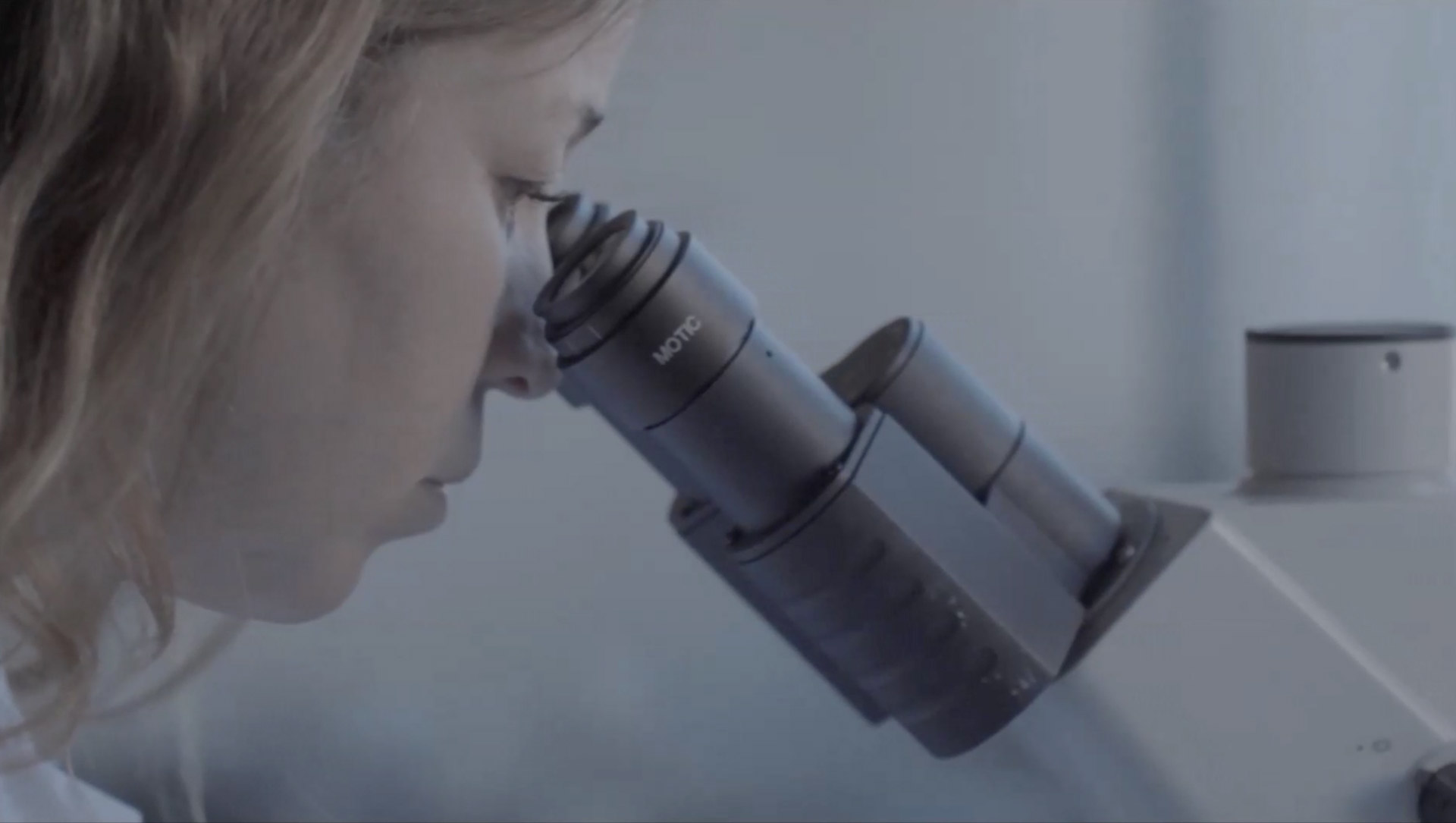
nye OPPFINNELSER (DOFIer)
milliarder kroner i samlet verdi
på porteføljeselskaper
nye lisensavtaler
nye patentsøknader
nye kliniske studieAVTALER
pågående kliniske studier
nye selskaper etablert
MNOK til ny forskning og innovasjon
MNOK innhentet
i privat
kapital
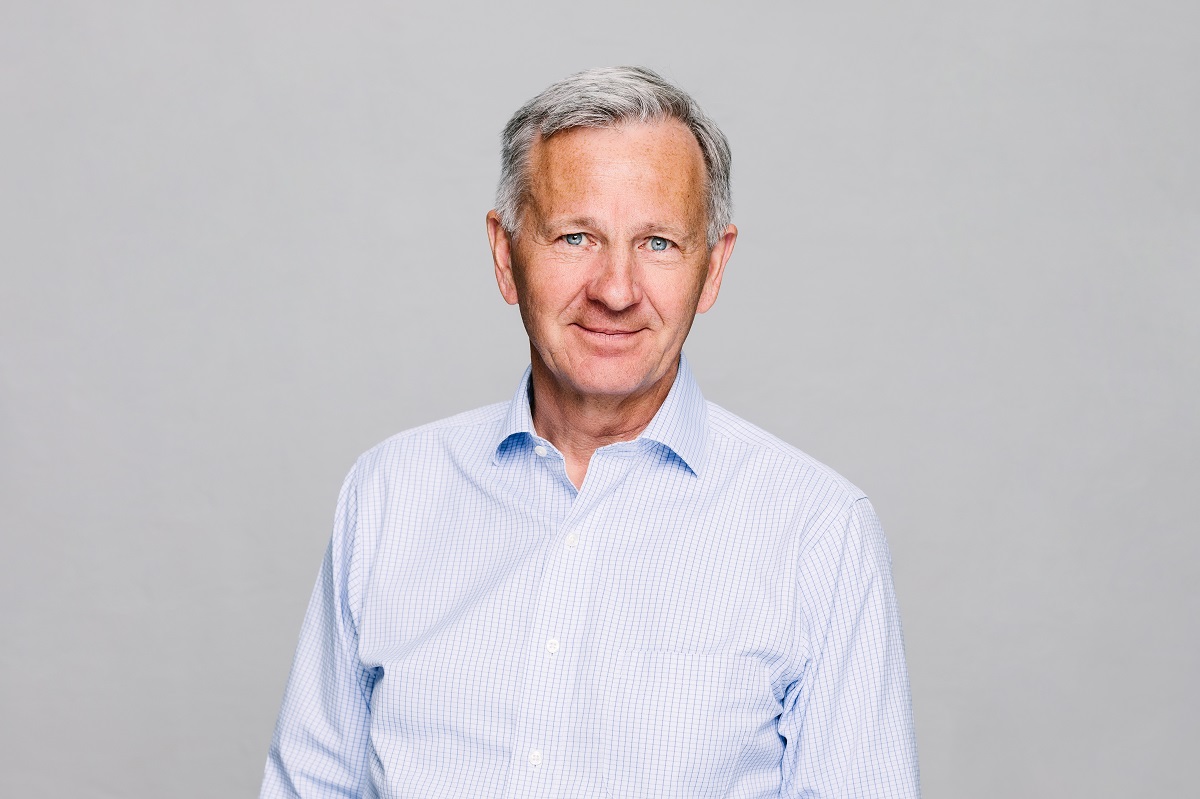
Inven2 er takknemlig overfor alle som har bidratt til å bygge næringsliv og å hjelpe pasienter gjennom nye oppfinnelser, avklaring, kliniske studier og kommersielle resultater. Når noen er villige til å betale for produkter, tjenester og verdier som skapes når kunnskap tas i bruk, så har vi i fellesskap lykkes. Ikke bare tas resultatene av forskning i bruk, men det bringer også midler tilbake til oppfinnere, til ny forskning, til flere kommersialiseringsprosjekter og til viktige investeringer i oppstartselskaper.
Les mer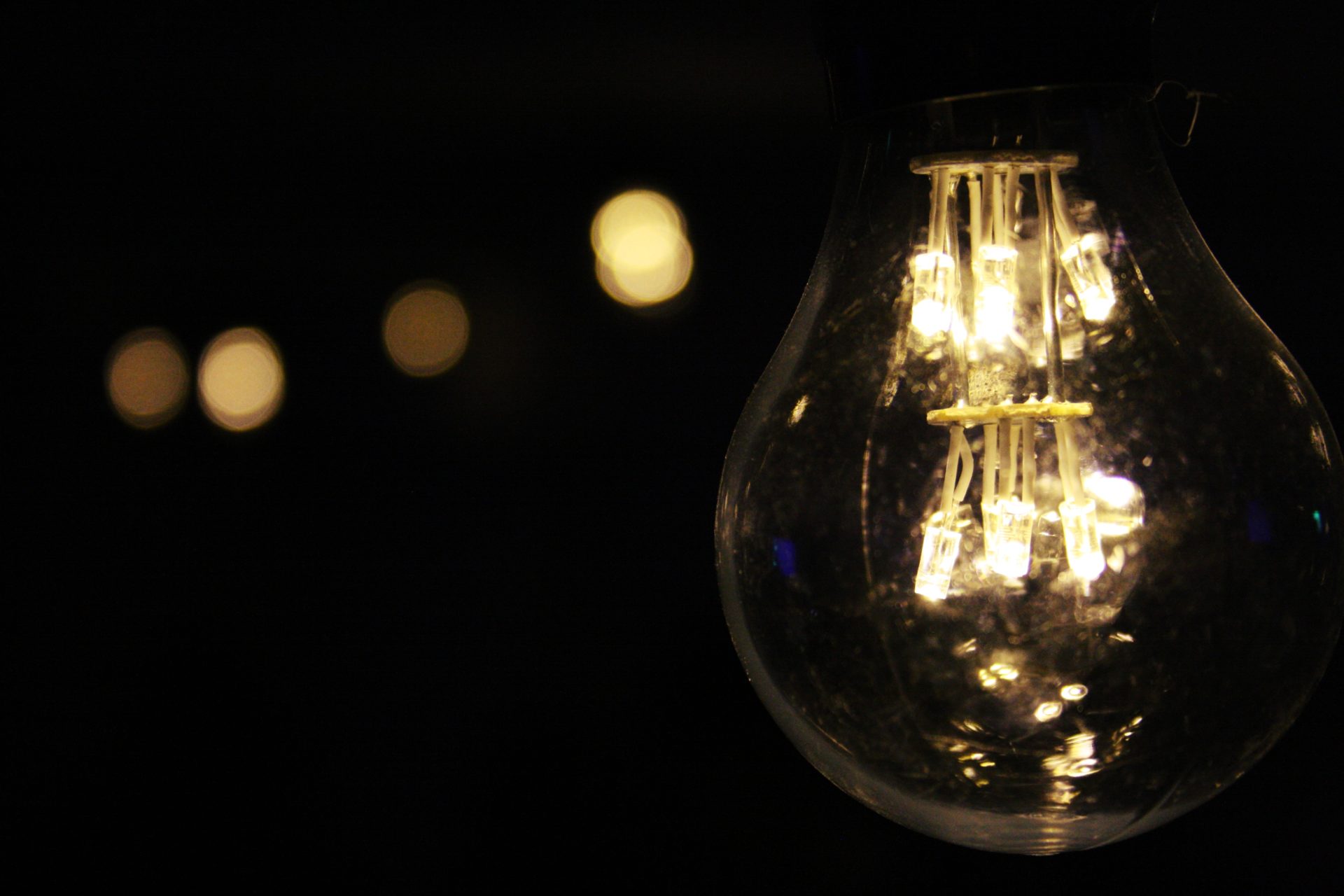
– hvordan ta forskning til markedet?
Inven2 sitt kjerneområde er å ta resultatene fra forskning til et produkt eller en tjeneste i et marked. Det gjøres gjennom en verdikjede som starter med idéspeiding og markedsføring av Inven2 sine tjenester rettet mot forskere ved både Universitetet i Oslo sykehusene i Helse Sør-Øst.
Les mer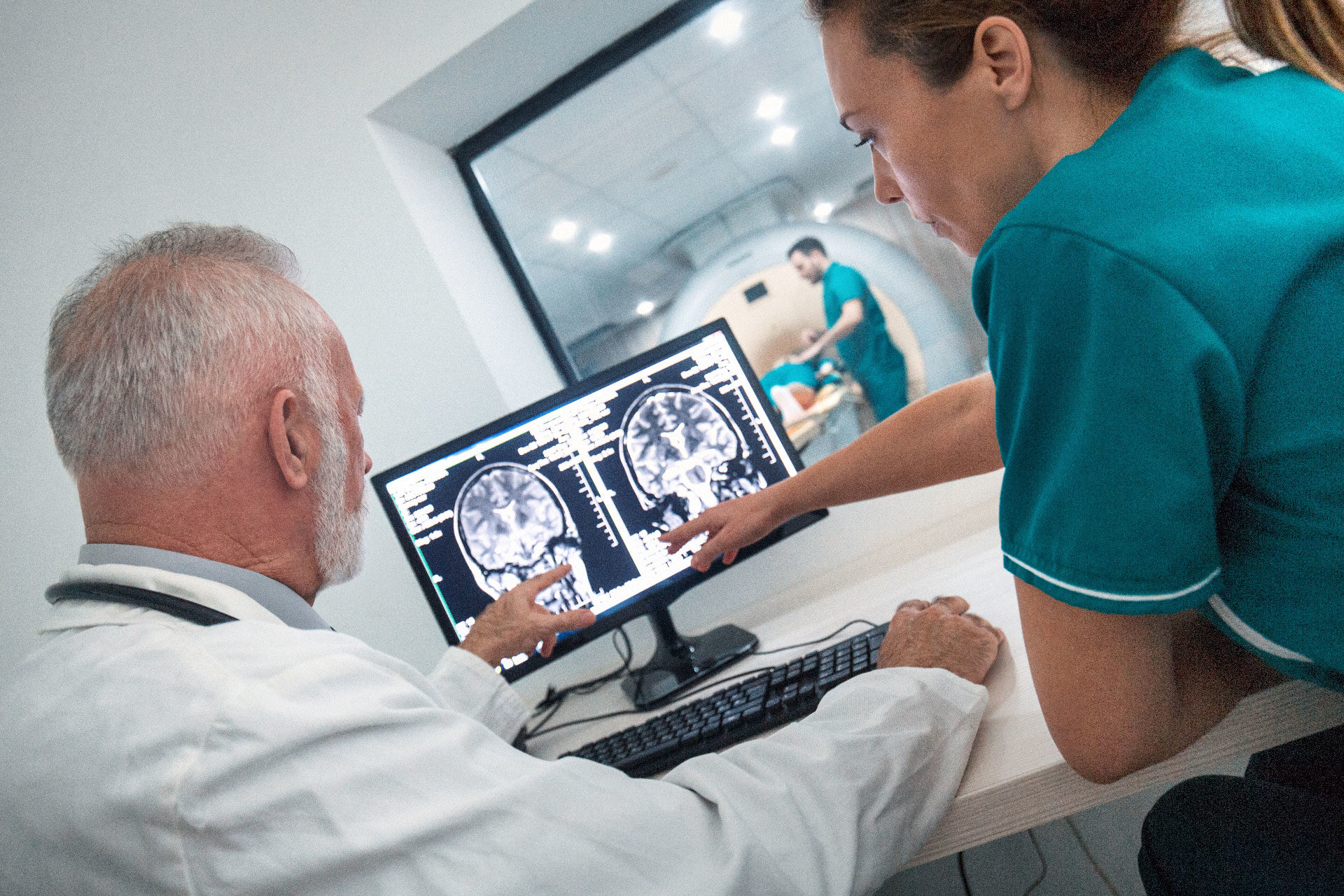
Kliniske studier er utprøving av nye medisiner og medisinsk utstyr for behandling på mennesker. Studier kan gjøres på både friske frivillige og pasienter. Kliniske studier gir helsepersonell viktig erfaring med nye legemidler og behandlingsmetodikk, forskningserfaring, samt internasjonalt nettverk.
Les merVi gjør en forskjell ved å omgjøre forskning og kunnskap til samfunnsnyttige produkter og tjenester.
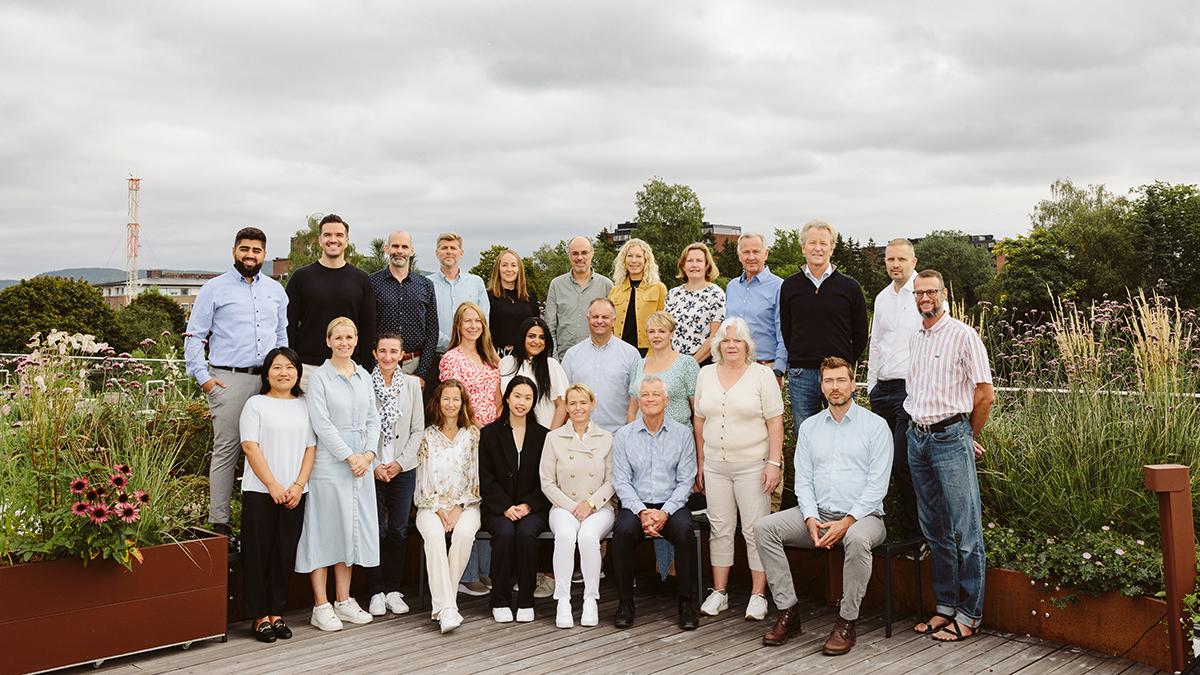
Forskning og kunnskap er nøkkelen til å løse globale samfunnsutfordringer innen helse, klima og miljø. Dyktige forskere og klinikere fra halve Norge melder inn idéer og oppdagelser til oss. Vi utvikler og forvalter idéene, og går videre med idéer vi kan omgjøre til samfunnsnyttige produkter og tjenester.
Vi har startet bedrifter som utvikler bedre kreftbehandling, bekjemper antibiotikaresistens og identifiserer sikkerhetsbrister i komplekse IT-systemer. To tredjedeler av våre bedrifter og lisenser er innen livsvitenskap, da vårt økosystem er spesielt sterkt innen dette fagfeltet.
En annen viktig oppgave vi har, er å forvalte avtaler om kliniske studier på vegne av sykehusene i vår region. Vi jobber for at flere nasjonale og internasjonale selskaper skal legge sine kliniske studier til Norge. Slik kan mer nyskapende behandling komme flere pasienter i Norge til gode.
Inven2 er et aksjeselskap eid av Universitetet i Oslo og Oslo universitetssykehus. Selskapet har 32 ansatte.
Inven2s mandat er å kommersialisere forskning på vegne av våre eiere Universitetet i Oslo, Oslo universitetssykehus og Helse Sør-Øst.
Styret vårt har bred innsikt innen ulike forskningsområder, kommersialisering, innovasjon, start-ups og kunnskapsintensivt næringsliv.
Ansattrepresentant i styret er Nina Løvbakken som er Head of Accounting i Inven2.
Styret ledes av Tom Pike.
Inven2 har en portefølje bestående av ca. 50 selskaper. I 2023 ble 4 nye etablert. Samlet har selskapene en verdi på 11 milliarder kroner.
Selskapene hentet totalt 333 millioner kroner i egenkapital for å utvikle seg videre i 2023. Samtidig ble 36 millioner kroner tilbakeført til forskning og innovasjon.
Inven2 ønsker å gjøre en forskjell ved å omgjøre forskning og kunnskap til samfunnsnyttige produkter og tjenester. Siden oppstart har vi bidratt til at mange produkter og tjenester har kommet samfunnet til gode. Her er et utvalg av dem.
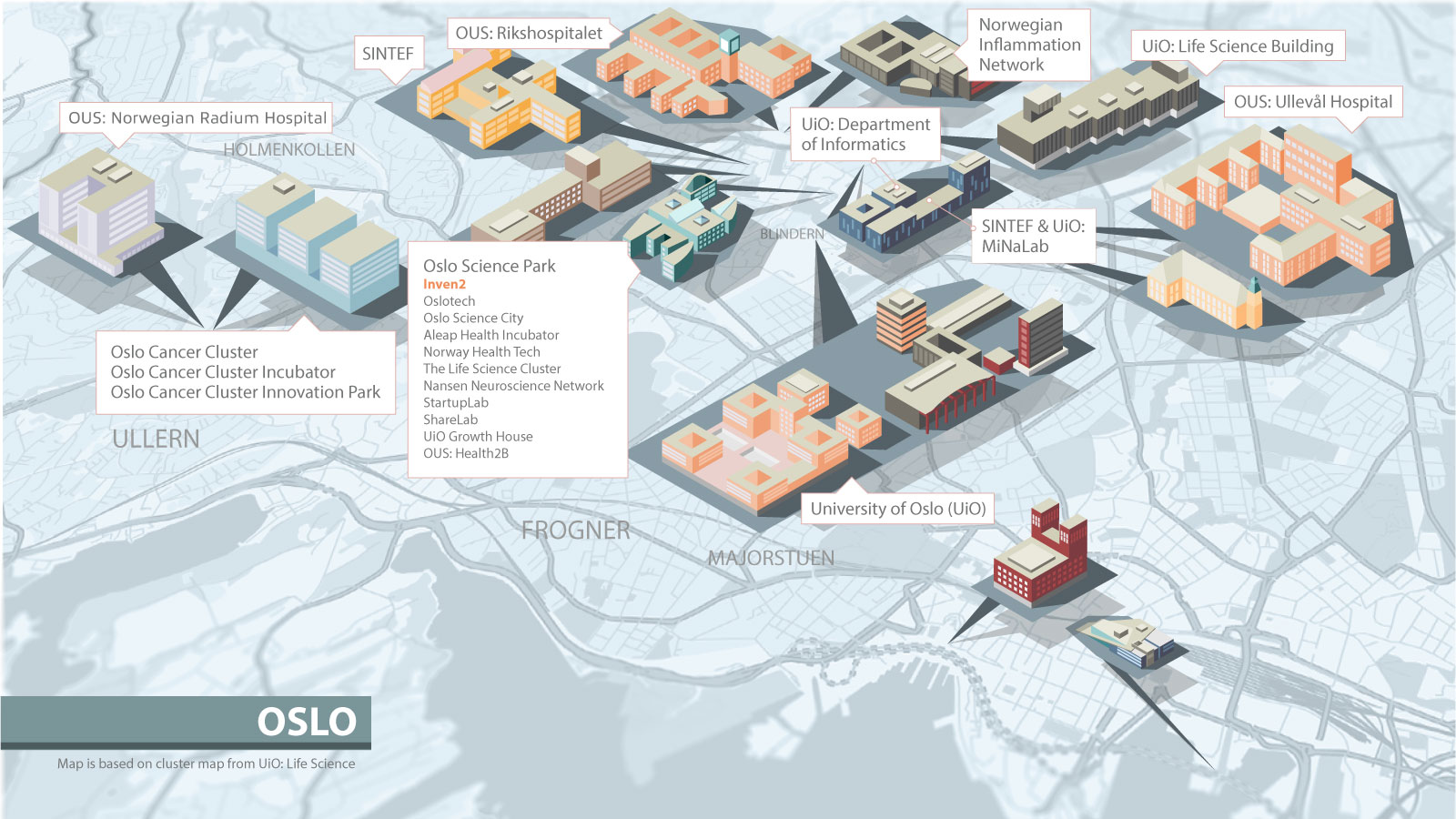
Inven2 er en del av et vitalt og stadig større økosystem innen forskning og utvikling. Bare i nærområdet til Inven2s lokaler i Forskningsparken finnes en rekke klynger og inkubatorer, samt Universitetet i Oslo og Oslo universitetssykehus.
Les mer